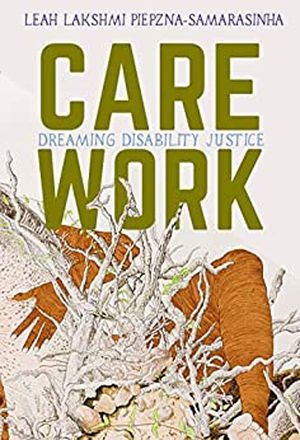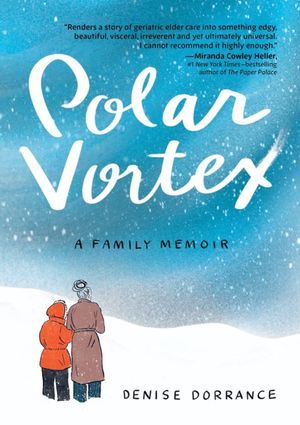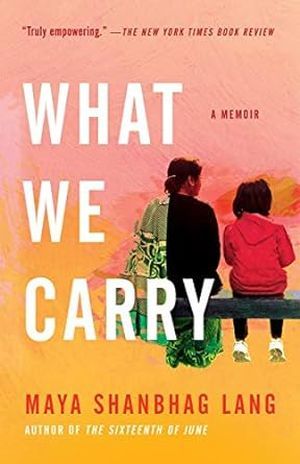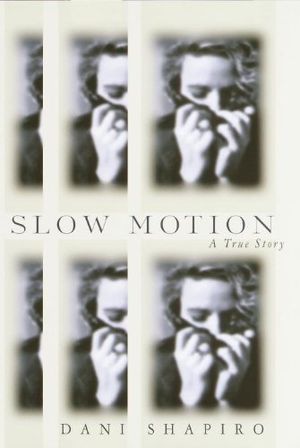The other week, I drove my father to the hospital so he could get a Watchman device implanted in the left atrial appendage of his heart. The next day, I brought him home, and, when we pulled up in front of his house, he heaved himself out of the car before my mother or I had even unbuckled our seatbelts and he lurched left and then right and I lunged for him, scared that he would teeter all the way over and body slam onto the sidewalk.
I clutched at his elbow and I led him to the front door, and I thought that I had never been that scared before. Not even the previous day, when we had waited for him to make it through the procedure, and to wake up in recovery, and to be wheeled to a room where we could finally see him.
Because he was, of course, immortal.
The past few years have been riddled with health complications for my father. Fainting spells. Heart issues. Cognitive decline. I often feel useless. I help when and where I can.
It’s a strange place to be in life, learning to take care of the ones who always took care of me, while at the same time bumbling through the rest of my life: my marriage, my work, my 10-year-old. More than how-to books (and believe me, I’ve read how-to books on later-in-life caregiving and on memory and aging), what I’ve truly appreciated are the memoirs that make me feel less alone.
Here are just a few that have helped.
Can’t We Talk About Something More Pleasant? by Roz ChastI’ve written about this one in the past, but it continues to loom large, so I want to mention it again. When I picked up this book a number of years ago, I felt as if I were looking into my future. There was the anxious, aging father who eventually slips into dementia. The willful, stubborn mother who refuses to ask for help when she needs it. And then there was the daughter — Roz Chast herself — who didn’t know quite how to handle this sudden shift without completely upending her own life. This book shows a woman pushing back against what is expected of daughters, making decisions that take into account not only the care of her parents but also of herself. |

Care Work by Leah Lakshmi Piepzna-SamarasinhaThis collection of essays explores the intersection of care work and disability justice, but I appreciated how — particularly in the context of the author’s personal stories — she poked at how unpaid family caregiving is so undervalued in our culture, taken for granted, with caregivers at the mercy of a system that provides almost no support. It’s a topic I’ve researched in the past, and I don’t see things getting any better anytime soon… especially not with the current administration. |

Polar Vortex by Denise DorranceYears after reading Chast’s book, I was excited to see a brand new graphic memoir that tackled similar themes. In this heartbreaking-yet-funny graphic memoir, a woman flies home to help her mother, who has fallen and is admitted to the hospital. It is soon clear to her that her mother, who also has dementia, can no longer live alone at home. The author grapples with next steps, the specter of death lurking at every turn. This book legit made me cry. |
Slow Motion by Dani ShapiroI once saw Shapiro speak at an in-person event, and she joked about being unable to stop writing memoirs. Lucky us. I believe she’s published five memoirs at this point, and each one is beautiful and relatable and necessary. In Slow Motion, Shapiro writes about how her life was spiraling out of control…until she received a call that her parents had been in an accident, and she returns home to care for them. Getting her shit together to get the job done saves her. |

What We Carry by Maya Shanbhag LangFinally, in this memoir, Lang writes about how the mother she has long admired has always been a source of support—until suddenly, she isn’t. As the author grapples with caring for her own young child without the help she always expected from her mother, she discovers the source of this shift: Alzheimer’s. Suddenly, Lang is learning things about her mother she never knew, learning to see her as someone outside the role of mother, learning the complexities of giving and receiving care. The mother/daughter relationship can be a wild one, and I really appreciated this deep dive into that, placed within the context of cognitive decline. |
If you’re looking for more practical reads on how to care for aging parents, this list has got you covered. Or for something fictional, check out this list of novels about ailing parents.
Source : Books That Get at the Angst of Unpaid Family Caregiving















